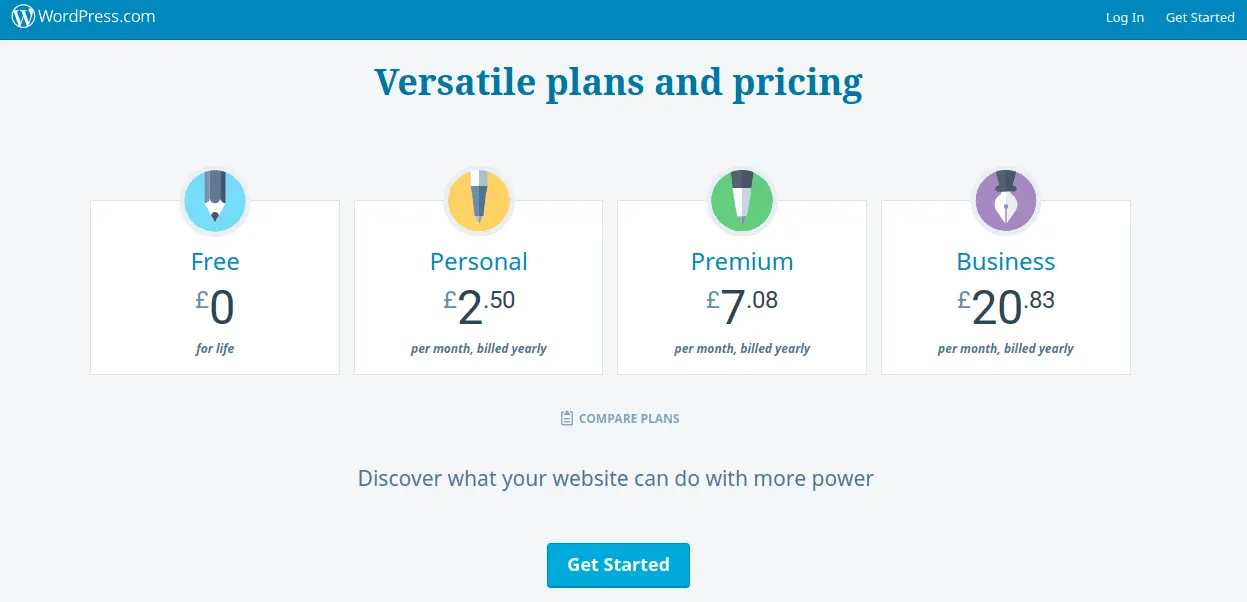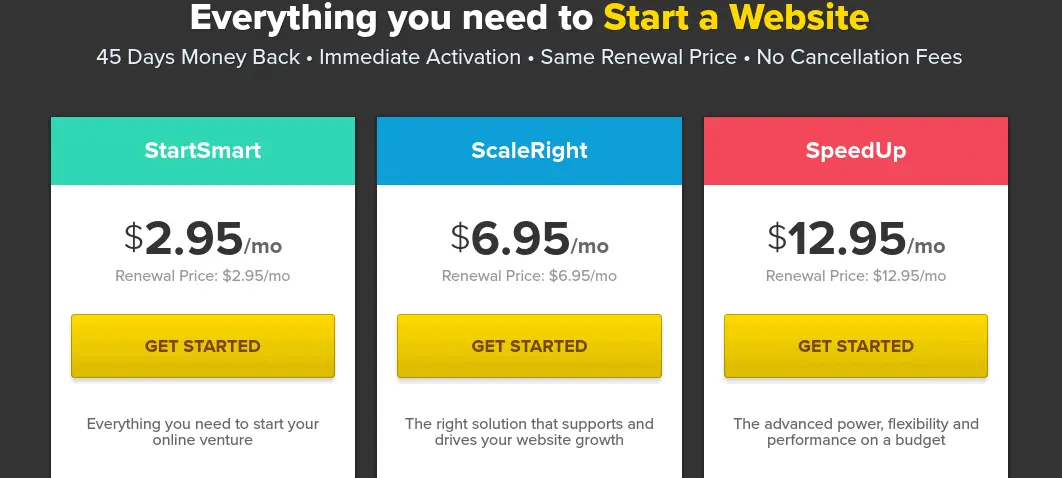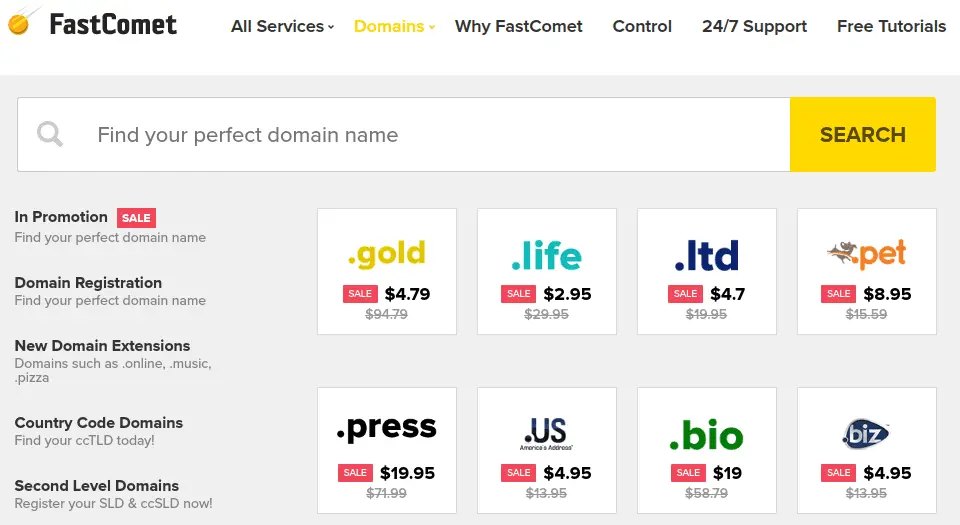Things To Consider When Starting A Blog
Back in 2010 I started a blog on Google’s free blogging platform, Blogger. Fast forward a few years and my blog was self-hosted and gaining over 2.5 million unique visits every month.
Along the way, I made a lot of mistakes. Some were nothing more than a learning curve, but others had the potential to be a complete disaster. In the end, the blog became too much work for me alone, so I sold it. After which, I decided to take a break from blogging for a while (apart from some staff writer gigs on other blogs).
It’s been a couple of years now, and I’m ready to start blogging again – I have a load of ideas, but before this post get buried in the many more that will inevitably follow, I thought I’d share some of the mistakes I made. So if you’re thinking about starting a blog yourself, it may save you time, money, and maybe even some grey hairs!
So, here are some of things you need to seriously consider when starting a new blog…
Technology
When starting a blog, most people go with WordPress. But is it the best tool for your needs? Consider other options. Squarespace? Medium? Ghost? There’s plenty of great blogging tools out there.
I did some research and decided that Ghost was best for me needs. What’s best for yours?
Hosting
Obvious, right? You need somewhere to host your blog. However, your blog is new, you’re not really sure if you will stick with it, so you don’t want to invest too much money. Let’s hit Google up with some searches like “free blog hosting” or “cheap website hosting”. Sound familiar?

Do not use free domains like {your-blog}.blogger.com or {your-blog}.wordpress.com. Instead always use a domain name you own (more on that later).
Free hosting is very limited, as the whole point of it usually is to sell you their paid subscription services. Many only have a small selection of themes with little or no customisation allowed. You can only add certain plugins (or none at all), and others are just plain crap (hello, Blogger). Ultimately, if you want control over your blog, put your hand in your pocket, pull out your wallet and pay for hosting.
Having said all of the above, you need to pick the right host, and believe it or not, the cheapest usually isn’t the right one.
If you pay peanuts, you get monkeys.
When I first started RefuGeeks, I went with the cheapest host I could fine. After a few months, I had outgrown the crappy hosting platform I was on, and my site was taking 16 seconds…sixteen seconds to load. I upgraded to some slight better (but still cheap) hosting, which was good for a while, but I eventually had to upgrade again to a bigger server, and ultimately multiple servers.
I’m not saying you should invest hundreds of dollars a month from the start, but you do need to consider this in your plan when starting a blog. How will you upgrade? Will it be easy to do?
I’d suggest initially going for a reputable shared hosting solution that you can easily upgrade. I have a couple of shared hosting accounts and can personally recommend both TSOHost & FastComet (this site is hosted on FastComet shared hosting at the moment).

Domain Name
This is arguably just as important as your hosting – your domain name is your blog’s identity (like kevq.uk). Like I said before, forget {your-blog}.wordpress.com it looks unprofessional and it immediately says “I’m not taking this seriously”, so will put people off.
Not to mention that if/when you do decide to upgrade to a self-hosted site with your own domain name, all of your URLs will change, so you’re basically starting your blog all over again. Bad times.
A domain name is cheap (less than $15/year in most cases), and many hosting packages come with a free domain name. But there are a number of considerations you need to make when choosing a domain name.
- Make it short – No one will be able to remember
mysuperawesomeblogwithasuperawesomename.com, and it doesn’t look pretty. - Make it relevant – If it’s a personal blog, just use your name, if it’s a blog about flower arranging, don’t register
tomsdogblog.com. If your domain name is relevant to your content, people will know what they’re getting in to straight away. - No dashes – You need to be able to share your blog name so visitors keep coming back, and they may not be able to do remember your domain name if you have dashes all over the place.
- Don’t be clever – This is along a similar vein as the last point. If your domain isn’t available, for example
mygreatblog.com, don’t be tempted to registermygr8blog.cominstead. It’s more difficult to remember, and again, could lose you visitors.
Ultimately, a simple domain name that’s easy to remember is the way forward. Not to mention it will allow you to use branded email addresses also. Let’s face it, kev@myblog.com sounds much better than myblog@gmail.com – again, it shows you’re professional and taking it seriously.

Geographic location & CDN
Consider where most of your visitors will be coming from geographically, then host your site in that region, it will speed up your site for them. It may slow it down slightly for you, but it’s your reader’s experience of the site that is important, not yours.
Alternatively, get a CDN (Content Delivery Network) that will cache copies of your website on servers around the globe. Cloudflare offer a really good, free CDN service.
Growth
If you’re doing it right, your blog will grow. Fact. Which means you will need to consider the future. Sure, shared hosting will probably be fine for you initially, but it may not be the case in a year’s time.
Preempt this growth by researching bigger, more robust services that you can use to constantly improve or maintain the experience your readers will have as the site grows. Start looking in to managed hosting, or VPS hosting. Maybe even dedicated hosting if you blog gets big enough. It’s best to do it early so you know what you need when the time comes.
If your site is slow, you’re losing readers.
Advertising & Funding
Having a blog with 3 posts and 17 advertising blocks isn’t going to get you anywhere. I’m going to let you in to a little secret – if you want to make a living from your blog, it probably isn’t going to happen.
Making a blog big enough to earn a living is very rare. Plus, if you start a blog with the intention of making money, you’re doing it for the wrong reason. Your blog should be about something you’re passionate about. If it isn’t, it will show through in your content and your site will stagnate.
It’s great if you can grow your blog to a size that will make you some money through advertising, but don’t make that a priority. It will put your readers off and ruin your blog.
Social & Networking
This ties in with growth. Don’t expect to publish your content, then to sit back and watch the readers come rolling in. It doesn’t work like that. You need to work at getting eyes on your content.
Join social groups on sites like Facebook, Twitter, Google+ and Reddit, but do not spam those groups with your links! Engage with other people and show them that you’re an authority on the subject matter. If something comes up in conversation that provides a natural segway for a link to one of your posts – link it! You will get far more traffic that way. But more importantly, you will get real traffic from people who are interested in your content, rather than pointless “view for view” visitors.
When I was running RefuGeeks, nearly 70% of my traffic came from social networks. Surprisingly, most of that was from Google+. If you put the work in with G+, or any social network for that matter, it can provide a steady steam of visitors to your blog. But you need to be engaging with people, not just sharing links to your posts. That will just piss people off.
Content
A blog is only as good as it’s content. If your content is boring to read (I struggle with this one, obviously), poorly written, or is rendered poorly, people won’t want to come back.
I hate to break it to you, but no one cares what you had for dinner. If your “personal blog” consists of personal posts about your life, no one is really going to care unless they know you personally. I’m sorry, but you’re probably not that interesting to people who don’t know you.
Make sure you’re not confusing “where” with “were” and that you’re using the correct there, their or they’re – people hate that and it ruins the flow of your posts.
If English isn’t your first language, make sure it’s up to scratch. I can’t tell you the amount of times I’ve read a blog post that’s in poorly written English, and I’ve left half way through (or even sooner in some cases). It sounds narrow-minded and possibly even bigoted, but this is the real world – people’s time is precious and they don’t want to waste it deciphering a poorly written blog post. It’s a shame, but it’s true unfortunately.
Conclusion
This may seem like a pretty negative post that makes starting a blog seem like a tonne of hard work. The fact of the matter is, it is hard work! These are only some of the considerations you should make when starting a blog. There are many more, but these are some of the things that a lot of people just don’t consider initially.
I really hope this post has helped you to consider something you may not have thought of previously. If this post even goes a small way to making your blog more successful, I would consider that a win.
Now, go forth and blog, people!